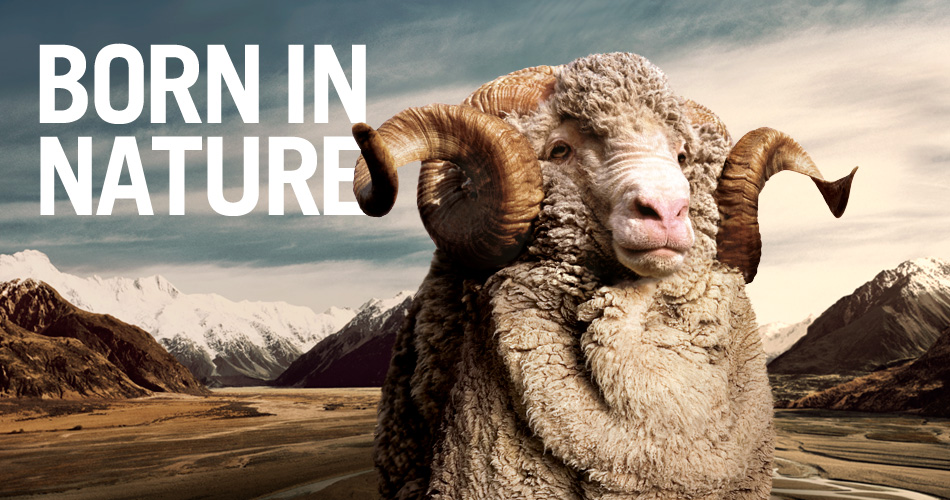Icebreaker is often cited as an example of the kind of company that New Zealand could do with more of. In 17 years, this New Zealand owned business has grown into an international brand that’s sold in more than 3000 stores in 37 countries. Icebreaker is expanding fast, providing jobs for New Zealanders, giving long-term security to merino growers, and raising New Zealander’s profile as a great country in which to do business. But none of that could have happened if founder, Jeremy Moon, hadn’t put sustainability at the heart of the business right from the start. With a commitment to green initiatives, Icebreaker has driven brand awareness, forged stronger connections with consumers and fuelled growth. Sweatshops, pollution and environmental damage are often caused by traders who make their money by buying cheap fabric and selling it to companies that put their brand on it. Icebreaker prides itself in avoiding such practices by not using middlemen, and taking responsibility for every part of the process – from shearer to wearer.
Icebreaker pioneered the system of signing long-term contracts that pay a significant price premium to growers, which guarantees them a good income several years out and allows us to require them to meet strict standards on land management, animal welfare, and wool quality. Icebreakers manufacturing partners are chosen for their quality, clean manufacturing technologies, and treatment of workers.
Their clean technology innovations include recycling heat and water, and using the most environmentally-friendly dyes on the market. All the cardboard used in packaging is either recycled and/or certified by the Forestry Stewardship Council, and all printing inks are vegetable based. Striving for sustainability excellence, Icebreaker is constantly looking for ways to use good design and innovative technologies to improve their triple bottom line – profit, planet and people, “we’re not saying we’ve got it all figured out, but we constantly strive to do better.” Icebreaker pioneered traceability in the garment industry in 2008 by launching Baacode, which enables consumers to trace the wool in their garment back through the supply chain to the farm. The project was expensive and full of technical challenges, but they persisted because a growing number of consumers demand proof of companies’ commitment to the environment before they are prepared to buy.
Baacode has received extensive publicity in international media, which has had a direct impact on the company’s profile and our growth – particularly in emerging markets. Like New Zealand, Icebreaker will never be able to out-spend the big guys. But a commitment to sustainability gives them brand credibility and is a key driver of sales.
Strong growth has continued through the recession through driving demand rather than cutting costs. In a poll on ethical consumerism by TIME magazine, nearly half of Americans said protecting the environment should be given priority over economic growth – and this came in the midst of historically high levels of unemployment. A 2007 Goldman Sachs study found that companies with a strong emphasis on sustainability outperformed the market, often by a large margin. Additionally, a PricewaterhouseCoopers study found that companies that report sustainability data get better returns on their assets than those that don’t. New Zealand will miss out on valuable export dollars, job growth and debt reduction if it fails to respond to this fundamental change in consumer behaviour. For Icebreaker, their commitment to sustainability and clean technologies has increased brand loyalty and accelerated growth. Consumers are increasingly making ethical choices, and the companies – and countries – that succeed in the future will be those that make a genuine commitment to finding innovative ways to protect the environment as they grow.
More information: http://nz.icebreaker.com




Leave a comment